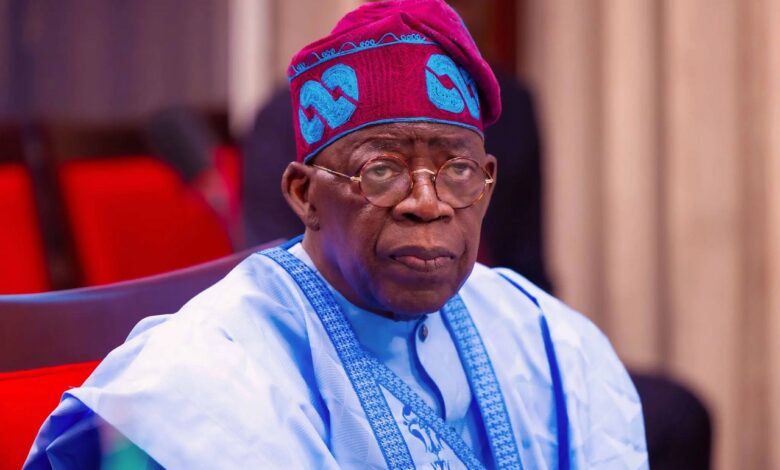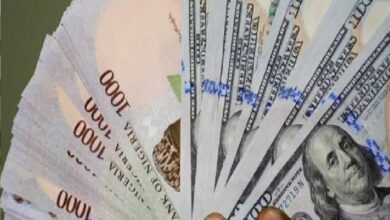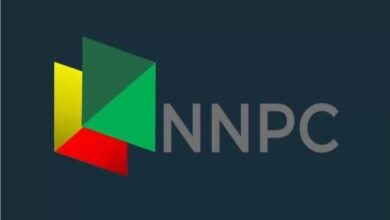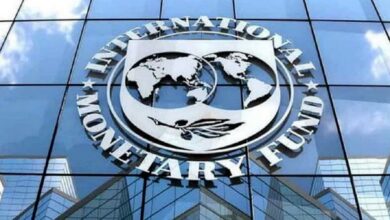Tinubu Govt Admits Fuel Subsidy To Gulp N5.4tn In 2024

The Nigerian government has acknowledged that the fuel subsidy will cost N5.4 trillion in 2024, after previously denying that the product had been fully deregulated.
In a recent presentation of the Accelerated Stabilisation and Advancement Plan (ASAP) report, Finance Minister Wale Edun revealed this figure. The ASAP report aims to tackle major issues hindering reform efforts and to promote growth in various sectors of the economy.
“At current rates, fuel subsidy expenditures are expected to reach N5.4 trillion by the end of 2024. This is a significant increase from N3.6 trillion in 2023 and N2.0 trillion in 2022,” stated a draft copy of the ASAP presented by Edun.
Conversely, Heineken Lokpobiri, the Minister of State for Petroleum Resources, Oil, asserted during a recent ministerial briefing marking President Bola Tinubu’s anniversary that the fuel subsidy had been entirely eliminated.
“I can confirm that the subsidy is gone; officially, there is no subsidy. I want to make it clear that there is no subsidy in the country today,” he stated.
However, the President of the Trade Union Congress, Festus Osifo, had in April mentioned that the Nigerian government was still applying a quasi-subsidy on fuel.
President Tinubu’s statement in June 2023 that the fuel subsidy was abolished led to the policy’s implementation, which caused the pump price of fuel to rise from N250 per litre to over N500.
Since then, fuel prices have continued to climb, reaching an average of N702 per litre by April 2024.
The combined impact of the fuel subsidy removal and the Naira floating policy from June of the previous year has driven Nigeria’s headline and food inflation rates to 33.69 percent and 40.53 percent, respectively, by April 2024.



